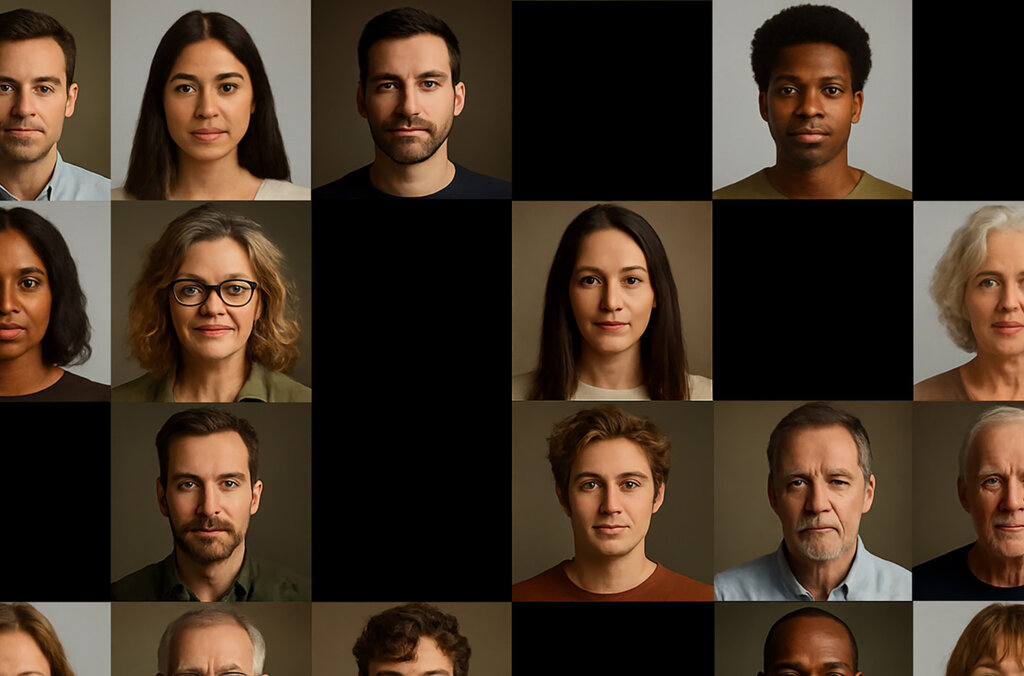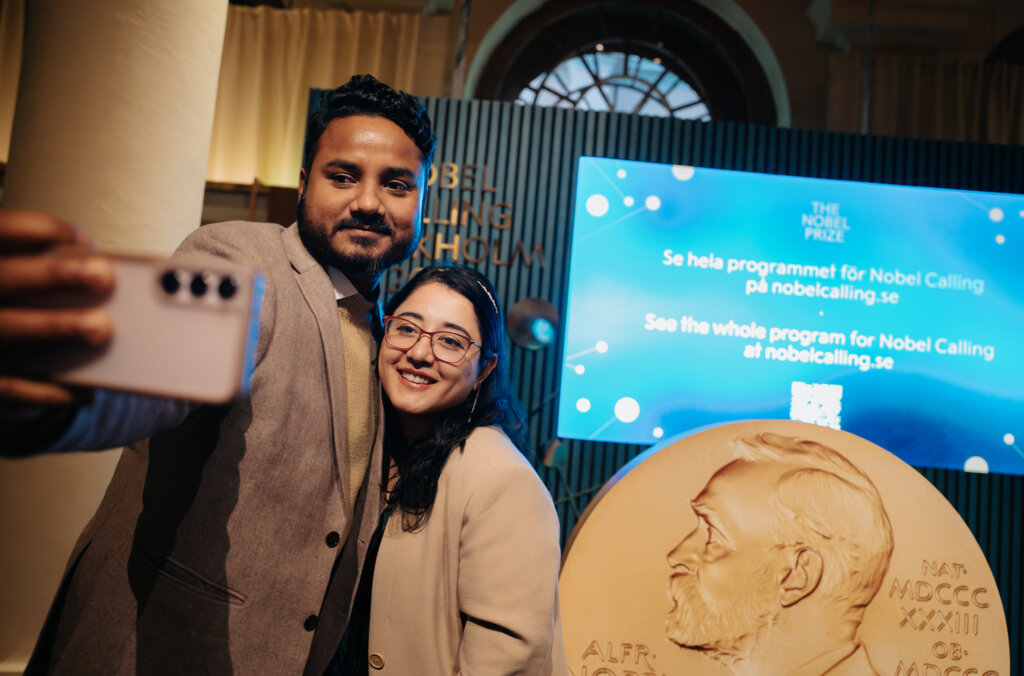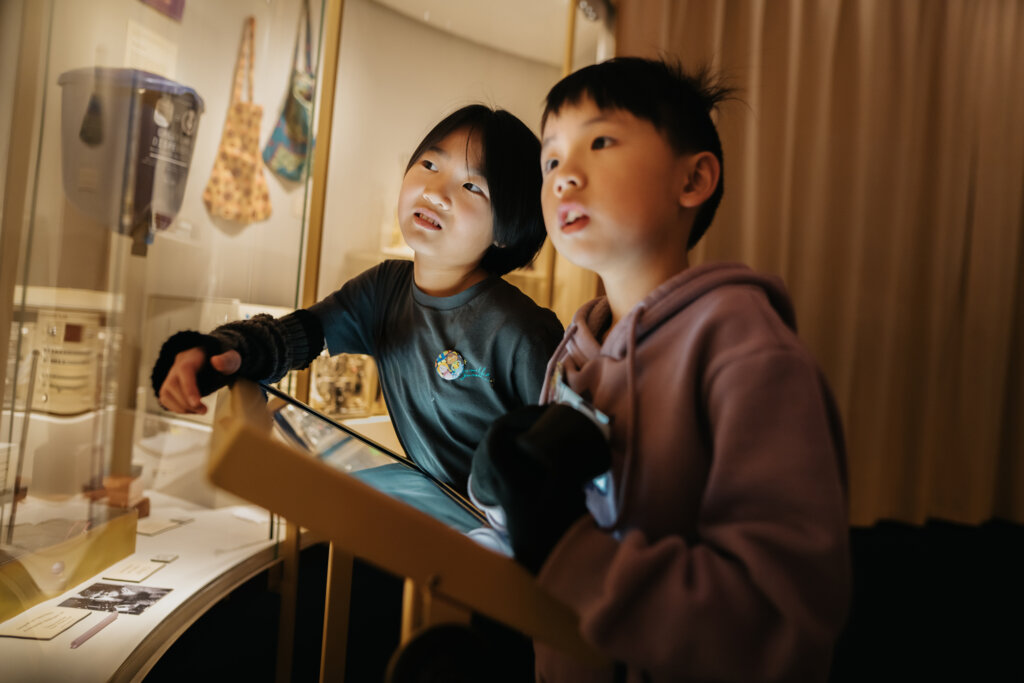
You are warmly invited to KTH for a lunchtime lecture offering insights into the environmental impact of AI and the invisible labour behind maintaining AI systems.
The lecture will take place in the KTH Library and will be held by Amir H. Payberah, Associate Professor of Computer Science at KTH Royal Institute of Technology. His research focuses on the intersection of equity and justice in AI, with particular attention to large language models. Read more about his research project on the KTH website.
Political and social structures behind AI-systems
AI systems are increasingly embedded in today’s applications and infrastructures. But behind these technical systems lie political and social structures that shape how they function and who they benefit.
Today’s systems rely on the large-scale extraction of labor, resources, and data. The human work that sustains them, such as data labeling, content moderation, and data cleaning, is often outsourced, poorly compensated, and rendered invisible.
At the same time, the environmental footprint of AI infrastructures, from high energy consumption to the mining of materials for hardware, is significant and disproportionately impacts vulnerable regions. Yet both forms of extraction remain largely overlooked in AI research.
This talk examines how power operates in the design and deployment of AI systems. How do current practices prioritize scale, automation, and optimization and reinforce global inequalities and ecological harm?
Drawing on research in data justice, intersectional feminist studies, and political ecology, Amir H. Payberah argue that AI systems are shaped by social and political choices, not just technical ones. As an alternative, he explore participatory design and community-centered approaches as strategies for redistributing power and building AI systems that serve the common good.
Amir H. Payberah
Amir H. Payberah is the programme director for doctoral studies in ICT at KTH EECS, and leads the WASP cluster on legal, ethical, and societal aspects of AI. His research focuses on the intersection of equity and justice in AI, with particular attention to large language models. To advance these questions, he founded the Co-Liberative Computing research group, which promotes critical consciousness in computer science research and education.
This event is part of Nobel Calling Stockholm 2025.
Event details
Date
8 October 2025
Time
12:15-13:00
We will offer lunch at 12:00, the lecture starts at 12:15.
Plats
KTH, Salongen, Osquars backe 31
Language
English
Admission
Free admission

Nobel Calling Stockholm
Join us during 3–13 October for ten inspiring days filled with activities around the city as we celebrate the announcement of this year’s Nobel Prizes.
Enjoy engaging talks, live music, guided tours, competitions, exclusive lab visits, and much more.
Membership
Become a member,
experience more
Get free admission to the museum, and discounts in the shop and bistro. Enjoy priority access and discounts on concerts, previews, talks, and lectures.


